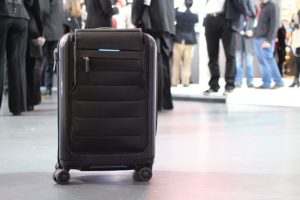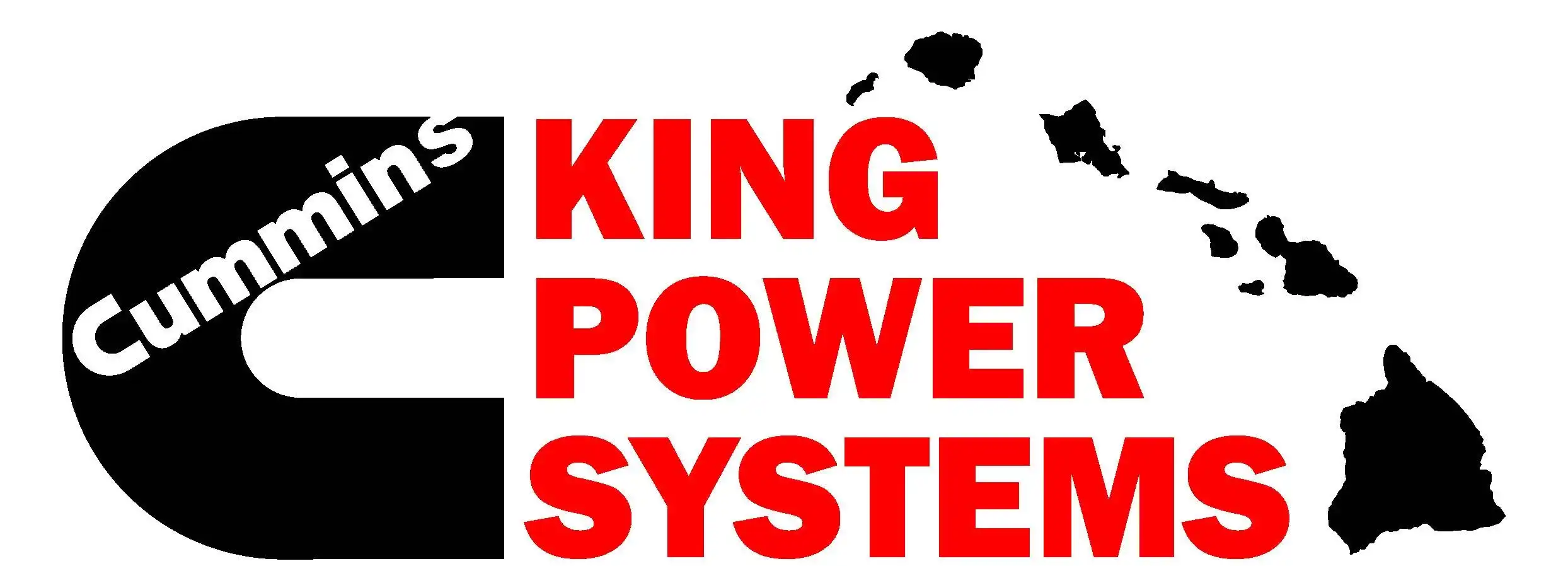Hawaiian Airlines to Implement “Smart Bags” Restrictions
Hawaiian Airlines announced today that it will no longer accept smart bags containing non-removable lithium ion batteries as checked or carry-on luggage beginning Jan. 15, 2018.
The airline says these types of batteries have been known to short-circuit, posing a safety risk for airlines.
Smart bags featuring removable batteries may be carried on and stored in the overhead bin as long as they remain turned off for the duration of the flight in accordance with Federal Aviation Administration Regulations regarding lithium ion batteries.
Hawaiian Airlines adds that passengers may check a smart bag if its battery has been removed. The detached battery, which must be carried in the cabin, will need to have its terminals isolated to prevent a short circuit.
According to the International Air Transport Association, a smart bag may include features such as:
• Lithium ion battery and motor allowing it to be used as a personal transportation device, either as a stand-up scooter, or sit on vehicle. These devices do not meet the criteria of a mobility device.
• Lithium ion battery power bank that allows charging of other electronic devices such as mobile phones, tablets and laptops.
• GPS tracking devices with or without GSM capability.
• Bluetooth, Radio-Frequency Identification and Wi-Fi capability.
• Electronic baggage tags.
• Electronic lock(s).
• Lithium ion battery, motor and tracking device (GPS) allowing the bag to self-propel and ‘follow’ the owner.
Delta Air Lines, Southwest Airlines, American Airlines, and Alaska Airlines are among other other US carriers banning smart luggage beginning Jan. 15, 2018.










